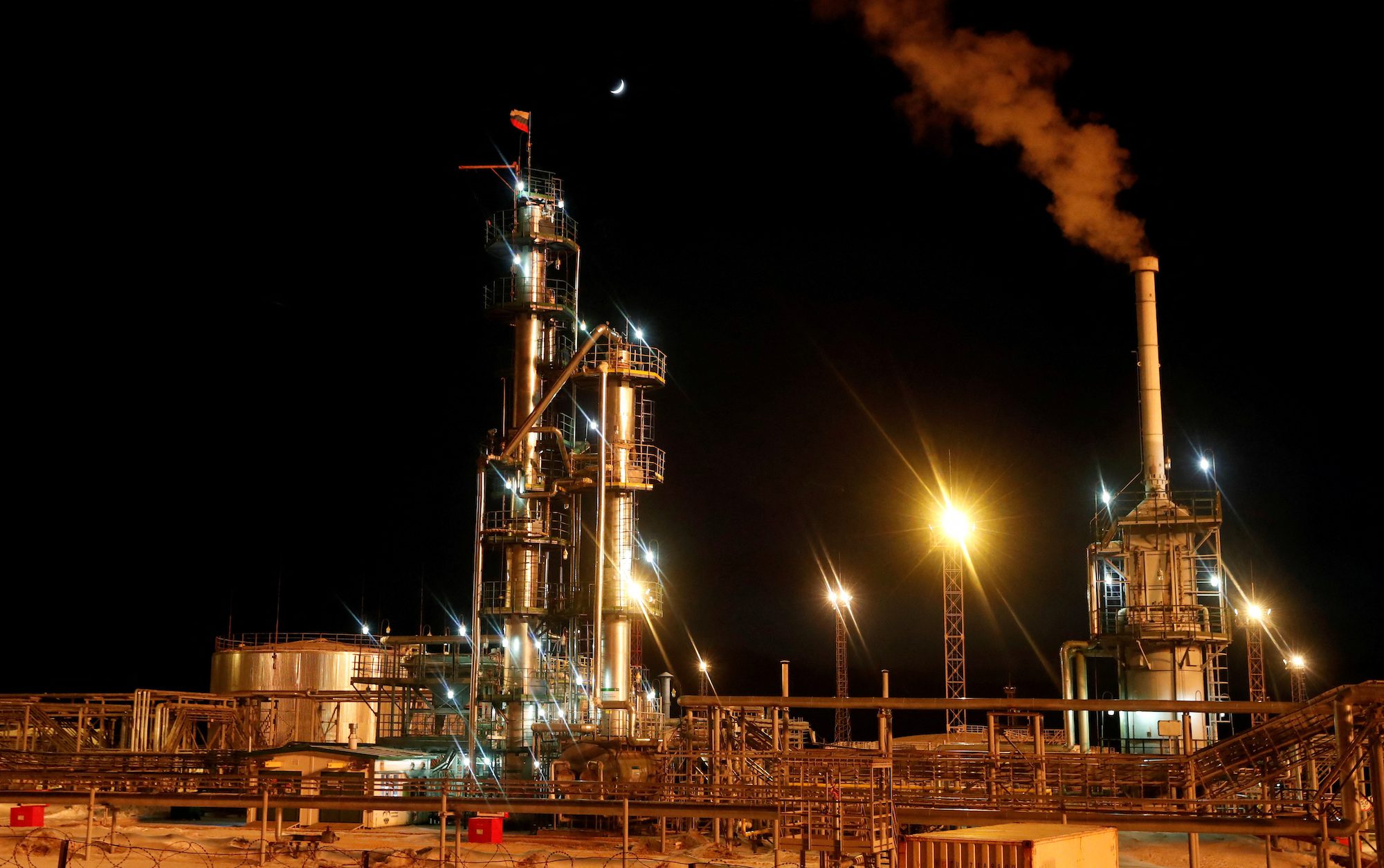By Alex Longley (Bloomberg) —
The European Union said a new set of measures aimed at restricting the flow of fuel made from Russian crude won’t take effect until January, easing some concerns that they would tighten a diesel market in the region that’s already soaring.
In legal texts, the EU said the ban will take effect on Jan. 21 next year and affect products obtained in a third country from Russian crude. It followed an announcement Friday that the group would press ahead with a restriction on the import of refined products, most notably diesel, that are produced in third countries using Russian barrels.
The measure is effectively a prohibition on one of the main workarounds of sanctions on Russian supplies. Since restrictions came into effect, large buyers of Moscow’s barrels, such as India, have been able to process crude bought cheaply from Russia and then sell the fuels they produce to Europe.
The premium of diesel futures over crude in Europe declined earlier on Monday after the announcement. It later erased that loss.
“The EU has given diesel markets some breathing room with the last-minute publication of the six-month transitional period for imports of Russian refined products obtained from third countries,” said Florence Schmit, an analyst at Rabobank.
The delayed application means additional tightness in diesel supplies will come at a time when crude markets are expected to be oversupplied, potentially limiting the impact, she added.
The legal texts issued over past days also laid out other details around the policy, including that:
- Importers of fuel will have to provide evidence documenting the country of origin for the crude that produced those barrels. Further guidance on that evidence will be issued at a later date
- The rules won’t apply to petroleum products that are imported from countries that are net-exporters of crude oil, though there are some exemptions
© 2025 Bloomberg L.P.
Editorial Standards · Corrections · About gCaptain
This article contains reporting from Bloomberg, published under license.

 Join The Club
Join The Club











